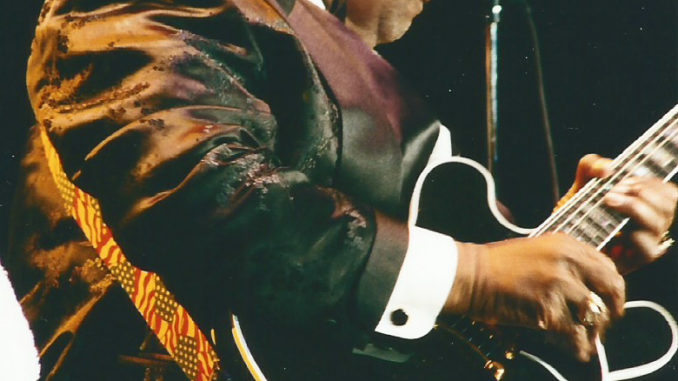
Tim Van Schmidt
Part 1 of a 3 Part Series
“Summer of Soul,” a new movie on Hulu, is much more than just a concert film. It is a documentary framed by a series of concerts in Harlem in the summer of 1969 but reflects the changing times in many other ways.
Great performance sequences in “Summer of Soul” are laced with commentary by performers, attendees, authors, and celebrities. And a lot of it expresses the evolving consciousness of racial pride and unique style in the “Black” — not “Negro” — community.
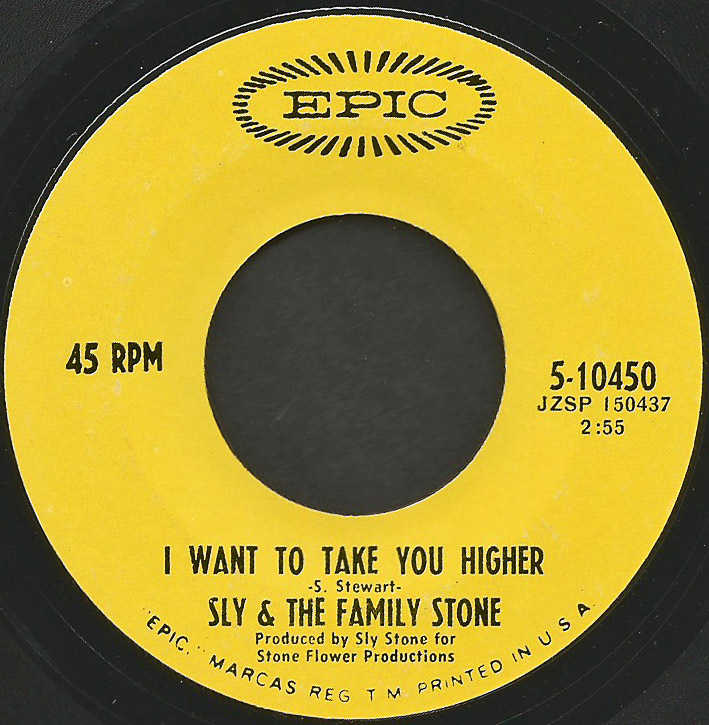
More than pride, there is also a mix of anger and restlessness during a particularly volatile period of modern history. The shooting of Dr. Martin Luther King Jr. in 1968 was still fresh in the minds of African-Americans and speeches from the stage at the festival by Black figures such as Jesse Jackson underscored the tension. The Black Panthers, a respected organization in the community, provided security for the event.
“Summer of Soul” is directed by Ahmir “Questlove” Thompson and there are hints that the material itself was buried because of racial bias. Apparently, the footage was originally shopped as a “Black Woodstock” but did not elicit support, then shelved and forgotten.
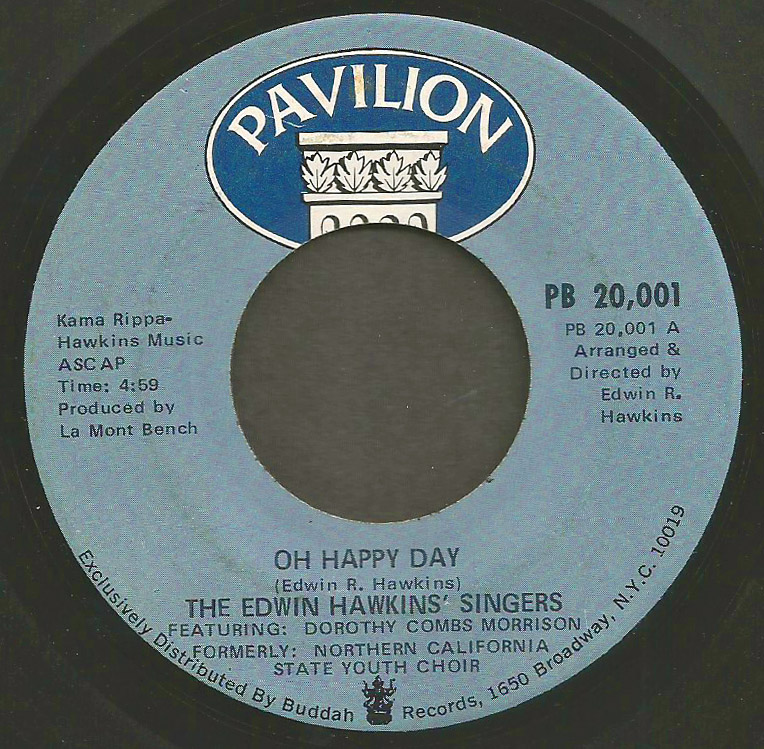
But not really. In 2021, this material has a consistent resonance with the present and it’s not lost now. There is some prime stuff here and a diversity of musical approaches — from gospel to African to jazz to pop to rock — all adding up to “soul”.
I found the performance by The Fifth Dimension particularly interesting. In interviews, the performers themselves admit to having a mainstream American pop sound and that this festival in Harlem was important to them because it revealed that they were, indeed, Black performers.
Their 1969 number one hit “Medley: Aquarius/Let the Sunshine In (The Flesh Failures)” — from the hit rock musical “Hair” — won the Grammy Award for Record of the Year and makes an interesting intersection between the Black movement and the burgeoning hippie counterculture of the time.
Other cultural intersections also occur at the Harlem Cultural Festival. Jazzman Herbie Mann — a Brooklyn native, born to Jewish parents — was known for his fusion of jazz music and world sounds including Afro-Cuban, African, and Brazilian music and appeared on the Harlem stage with vibraphonist Roy Ayers.
Also on stage in Harlem was percussionist Ray Barretto, of Puerto Rican descent, who not only delivers a hot big band salsa sound but also one of the best speeches about unity in “Summer of Soul”. Cuban percussionist Mongo Santamaria performs his spicy hit, Herbie Hancock’s “Watermelon Man”.
One of the best things about “Summer of Soul” is that there is plenty of screen time devoted to various shots of the crowd — people dancing, singing along; thousands of faces crowded together to see some of their favorite stars.
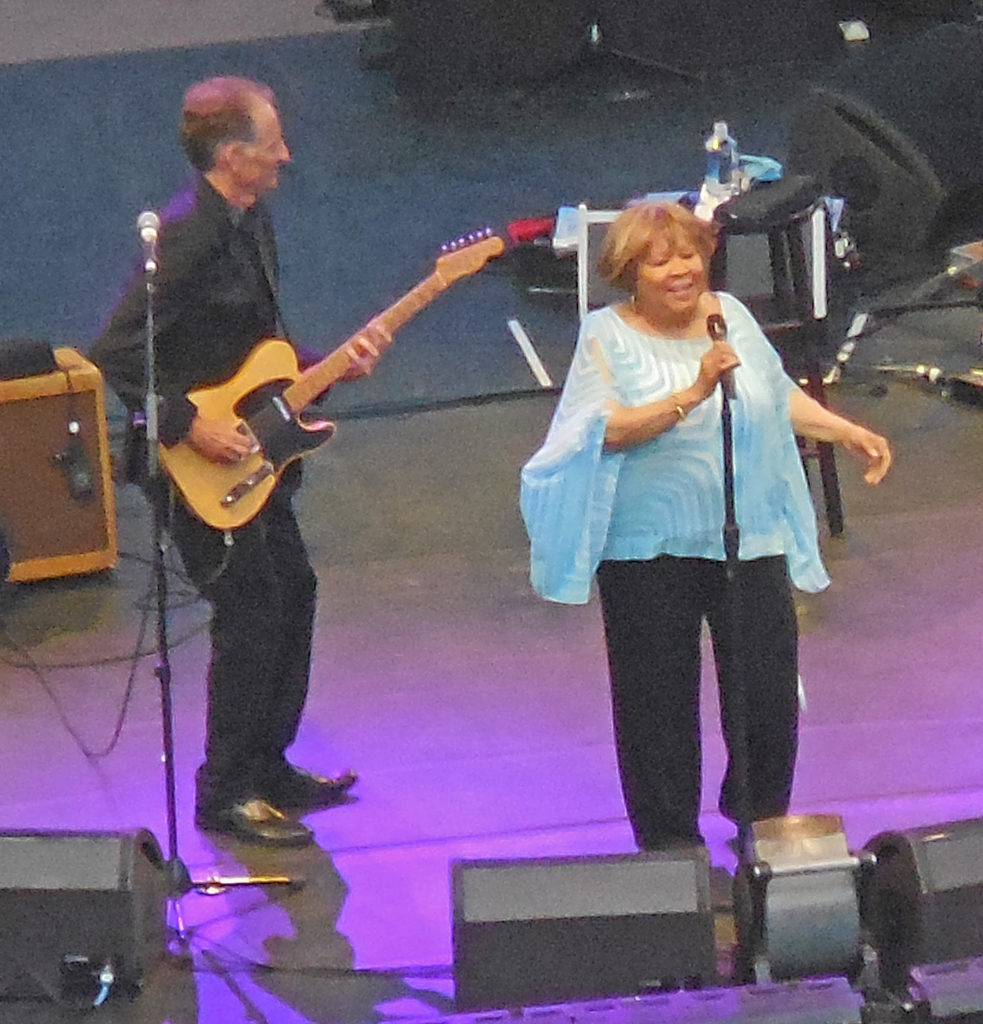
Such as a 19-year-old Stevie Wonder, who had the girls chanting his name beforehand. Wonder is a powerhouse of energy and he gets behind a trap set and revs up his band in an amazing show of drumming.
B.B. King delivers a scorching version of his 1969 hit “Why I Sing the Blues,” a tune that encapsulates Black history with a world-weary howl and stinging guitar.
There is plenty of gospel music here, including sequences by The Edwin Hawkins Singers — performing a truly inspiring and uplifting version of their hit “Oh Happy Day” — plus Pops Staples and The Staple Singers and Mahalia Jackson. There’s some jazz with drummer Max Roach and vocalist Abbey Lincoln. African music is represented by Hugh Masekela.
Old hitmakers like David Ruffin — from the Temptations — and new ones like Gladys Knight and the Pips excited the crowd in Harlem. That would be exciting times ten for Sly and the Family Stone.
One surprise for me was being introduced to guitarist Sonny Sharrock, whose dissonant guitar and wild abandonment made him one of the most ground-breaking artists on the Harlem stage.
The most riveting performance in “Summer of Soul” though is Nina Simone. First of all, she carries herself royally, and then leads a band in a rousing blues number full of incendiary lyrics. But it is the tune that features Simone reading a poem by a local Black poet where things catch fire. She vamps on the words and brings it all to a crescendo with a call to action. Not a half-hearted call to action, but a strident and passionate one.
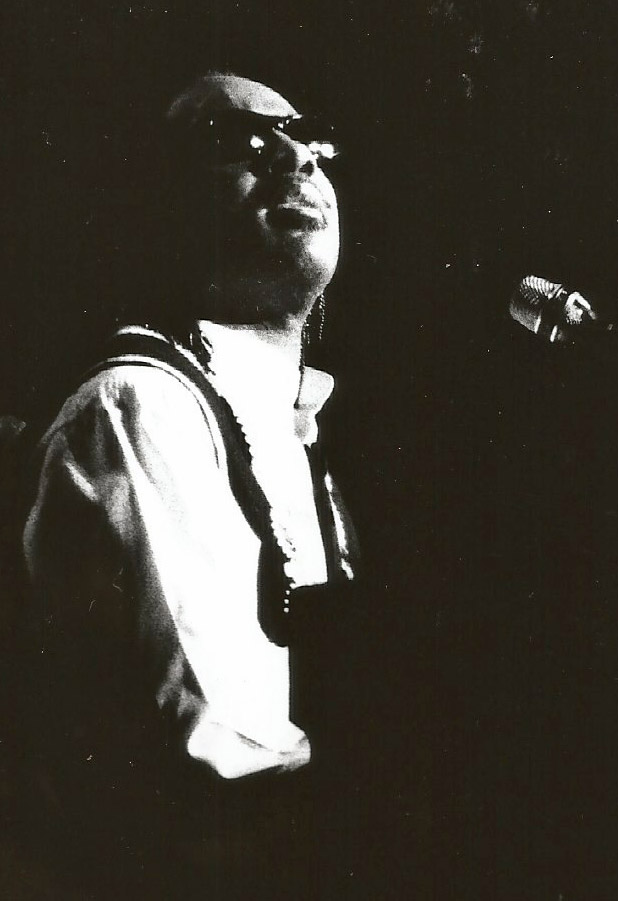
If you are really going to understand what was going on in the United States in 1969, “Summer of Soul” should be considered an essential piece of the puzzle, musically and so much more. It is a Black gem.
Tim Van Schmidt is a writer and photographer based in Fort Collins. Explore his channel on YouTube at “Time Capsules by Tim Van Schmidt.”
Support Northern Colorado Journalism
Show your support for North Forty News by helping us produce more content. It's a kind and simple gesture that will help us continue to bring more content to you.
BONUS - Donors get a link in their receipt to sign up for our once-per-week instant text messaging alert. Get your e-copy of North Forty News the moment it is released!
Click to Donate
